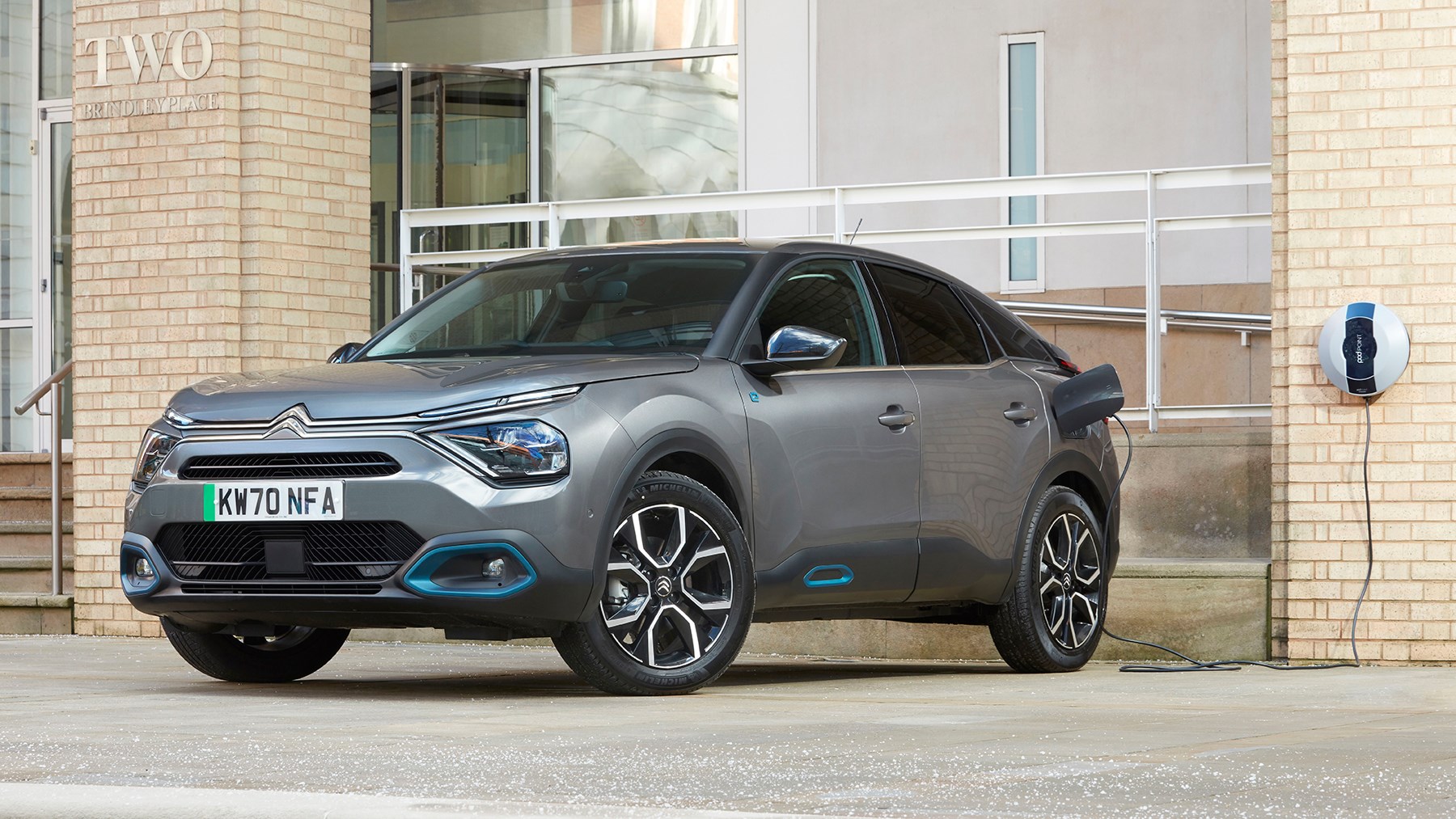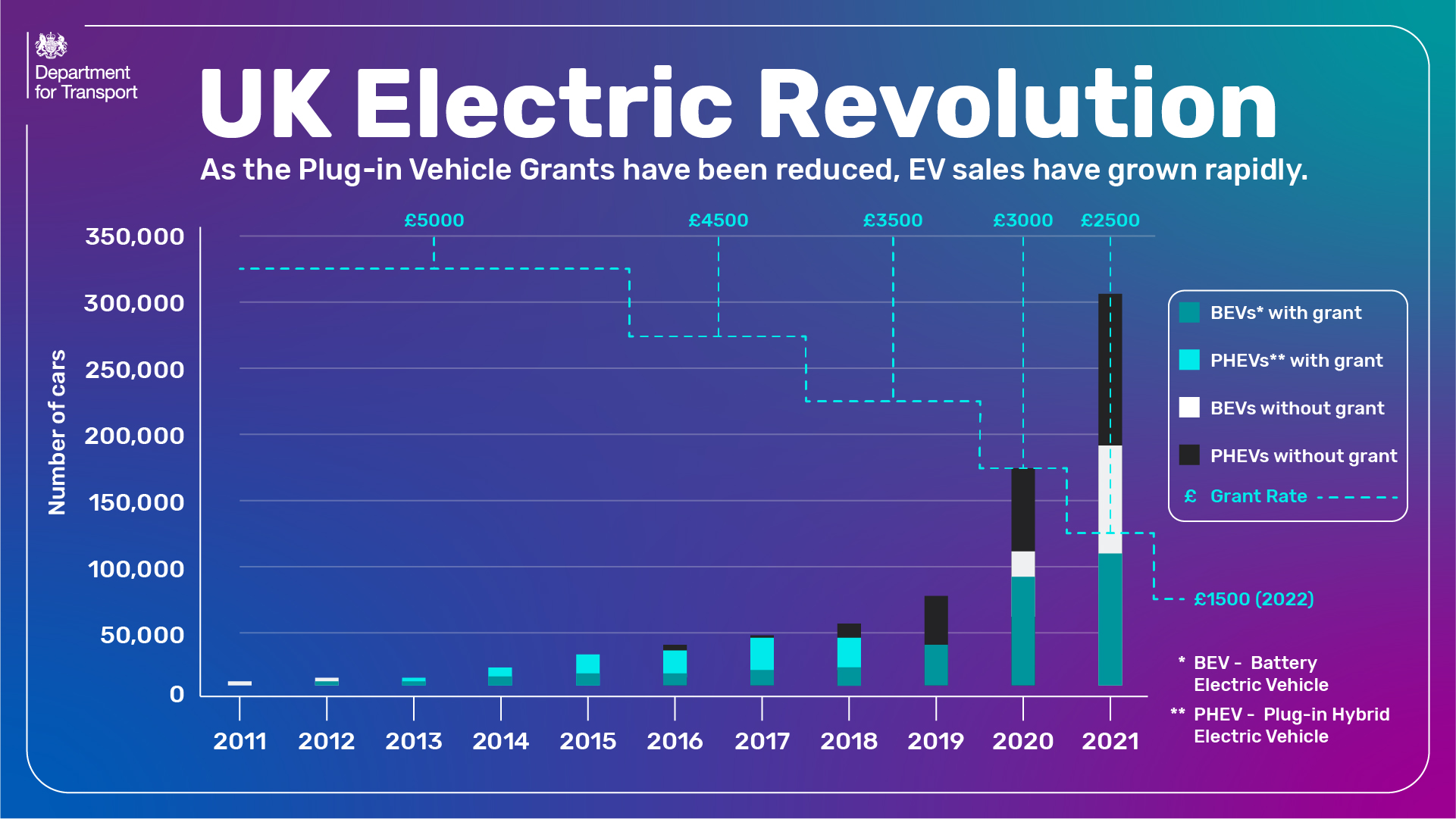“`html
Electric car Grants: A Comprehensive Guide
Electric Car Grants: A Comprehensive Guide
The global shift towards sustainable transportation has placed electric vehicles (EVs) at the forefront of automotive innovation. To accelerate their adoption, governments and organizations worldwide offer various grants and incentives. This comprehensive guide explores the landscape of electric car grants, covering eligibility criteria, application processes, and the long-term impact of these initiatives.
Understanding Electric Car Grants
Electric car grants are financial incentives designed to reduce the upfront cost of purchasing or leasing an EV. These grants aim to bridge the price gap between traditional internal combustion engine (ICE) vehicles and their electric counterparts, making EVs more accessible to a wider audience. The types of grants available vary significantly depending on the region, government policies, and environmental goals.
Types of Electric Car Grants

Electric car grants can be broadly categorized into several types:
Purchase Grants
These are direct financial incentives offered to individuals or businesses when they purchase a new electric vehicle. The amount of the grant is often determined by factors such as the vehicle’s battery capacity, range, and overall efficiency.
Lease Grants
Similar to purchase grants, lease grants provide financial assistance for those who choose to lease an EV instead of buying it outright. This option can be particularly attractive for consumers who prefer shorter-term commitments or want to experience the latest EV technology.
Infrastructure Grants
These grants are aimed at supporting the development and expansion of EV charging infrastructure. They can be used to fund the installation of public charging stations, home chargers, and workplace charging facilities.
Scrappage Schemes

Some governments offer scrappage schemes, which provide financial incentives to individuals who trade in their older, more polluting vehicles for new electric cars. These schemes aim to remove older vehicles from the road and encourage the adoption of cleaner alternatives.
Tax Credits and Rebates
In addition to direct grants, many jurisdictions offer tax credits and rebates for EV purchases. These incentives can reduce the overall tax burden or provide a cash rebate after the purchase.
Eligibility Criteria for Electric Car Grants
Eligibility for electric car grants varies depending on the specific program and jurisdiction. However, some common criteria include:
Vehicle Type
Most grants are specifically targeted at battery electric vehicles (BEVs) and plug-in hybrid electric vehicles (PHEVs). Hybrid electric vehicles (HEVs) that do not have plug-in capabilities are typically not eligible.
Purchase or Lease Date
Grants are usually available for vehicles purchased or leased within a specific timeframe. It’s crucial to check the program’s guidelines for any deadlines or expiration dates.
Vehicle Price
Some grant programs impose a maximum price limit for eligible vehicles. This is often done to ensure that the incentives are targeted at more affordable EV models.
Residency or Business Location
Eligibility may be restricted to residents of a particular region or businesses located within a specific area.
Income Limits
Certain grant programs may have income limits to ensure that the incentives are directed towards individuals or households with lower incomes.
Scrappage Requirements
For scrappage schemes, individuals must typically own an older, eligible vehicle that meets specific criteria.
Application Process for Electric Car Grants
The application process for electric car grants can vary depending on the program and jurisdiction. However, some general steps are typically involved:
Research and Identify Eligible Grants
Start by researching the available grant programs in your region. Check government websites, local utility companies, and automotive associations for information on current incentives.
Review Eligibility Criteria
Carefully review the eligibility criteria for each grant program to ensure that you and the vehicle you are interested in qualify.
Gather Required Documentation
Prepare the necessary documentation, which may include proof of purchase or lease, vehicle registration, driver’s license, and proof of residency or business location.
Complete the Application Form
Fill out the application form accurately and completely. Ensure that you provide all required information and supporting documents.
Submit the Application
Submit the application according to the program’s guidelines. This may involve submitting the application online, by mail, or in person.
Await Approval
After submitting the application, you will need to wait for approval. The processing time can vary depending on the program and the volume of applications.
Receive the Grant
If your application is approved, you will receive the grant according to the program’s payment terms. This may involve a direct deposit, a check, or a credit applied to your purchase or lease.
Regional Variations in Electric Car Grants
The availability and structure of electric car grants vary significantly across different regions. Here are some examples:
United States
The US federal government offers a federal tax credit for eligible electric vehicles. Individual states also offer various incentives, including rebates, tax credits, and exemptions from vehicle inspections and emissions testing.
Europe
Many European countries have implemented comprehensive EV incentive programs. These programs often include purchase grants, tax exemptions, and infrastructure development grants. The specific incentives vary by country, with some nations offering more generous support than others.
China
China has been a leader in promoting EV adoption, with a range of national and local incentives. These incentives include purchase subsidies, tax exemptions, and priority access to license plates. However, some of these national subsidies are being phased out.
Canada
Canada offers federal incentives for eligible EVs, as well as provincial incentives in some regions. These incentives aim to make EVs more affordable and encourage their adoption.
Australia
Australia has seen a growing number of state-based incentives, as well as some federal initiatives. These incentives include rebates, tax exemptions, and investments in charging infrastructure.
The Impact of Electric Car Grants
Electric car grants play a crucial role in accelerating the transition to electric vehicles. Their impact can be seen in several areas:
Increased EV Adoption
By reducing the upfront cost of EVs, grants make them more accessible to a wider range of consumers, leading to increased adoption rates.
Reduced Emissions
Increased EV adoption leads to a reduction in greenhouse gas emissions and air pollution, contributing to improved air quality and a cleaner environment.
Economic Benefits
The growth of the EV industry creates new jobs in manufacturing, infrastructure development, and related sectors, boosting economic growth.
Technological Innovation
The demand for EVs drives innovation in battery technology, charging infrastructure, and other related areas, leading to advancements in sustainable transportation.
Consumer Awareness
Grant programs raise awareness about the benefits of EVs and encourage consumers to consider making the switch to electric vehicles.
Future Trends in Electric Car Grants
As the EV market continues to evolve, we can expect to see changes in the structure and focus of electric car grants. Some potential trends include:
Emphasis on Infrastructure Development
With the increasing number of EVs on the road, there will be a greater focus on infrastructure grants to support the expansion of charging networks.
Targeted Incentives
Grant programs may become more targeted, focusing on specific demographics or regions to address equity and accessibility concerns.
Integration with Renewable Energy
Incentives may be linked to the use of renewable energy sources for charging EVs, promoting a more sustainable and integrated approach.
Performance-Based Incentives
Grant programs may shift towards performance-based incentives, rewarding vehicles with higher energy efficiency and longer ranges.
Phase-Out of Subsidies
As the EV market matures and prices become more competitive, some governments may gradually phase out direct purchase subsidies, focusing instead on infrastructure and other support measures.
Conclusion
Electric car grants are a vital tool in accelerating the transition to sustainable transportation. By reducing the upfront cost of EVs and supporting the development of charging infrastructure, these incentives are driving increased adoption rates and contributing to a cleaner, more sustainable future. As the EV market continues to evolve, it’s essential to stay informed about the latest grant programs and eligibility criteria to take advantage of the available incentives.
“`



